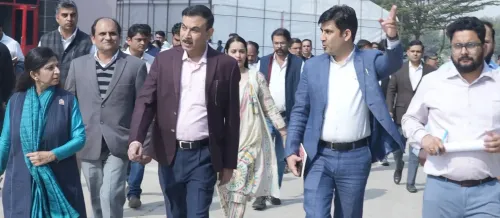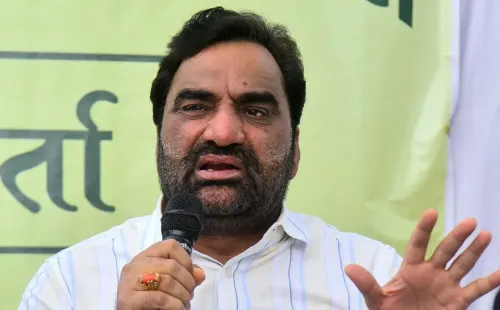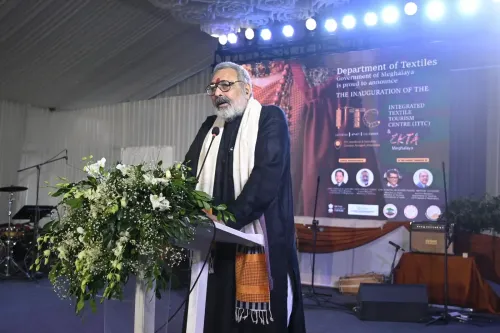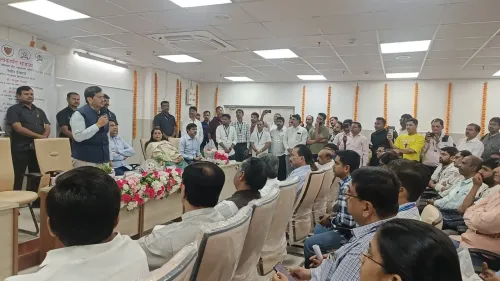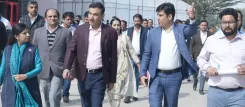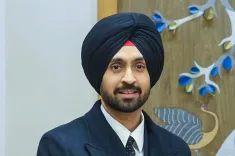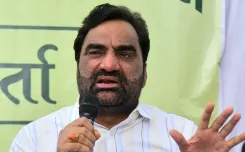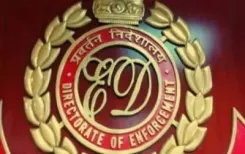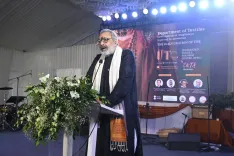Will the SC Restore Statehood to J&K This Thursday?

Synopsis
Key Takeaways
- The Supreme Court will hear petitions regarding statehood restoration.
- Arguments highlight violations of citizens' rights.
- The court has set a deadline for elections in Jammu and Kashmir.
- The issue reflects broader questions about federalism.
- Key legal and political figures are involved in the proceedings.
New Delhi, Aug 14 (NationPress) The Supreme Court is set to consider a series of petitions on Thursday, advocating for the prompt restoration of statehood to Jammu and Kashmir.
According to the causelist available on the apex court's website, a Bench comprising CJI BR Gavai and K Vinod Chandran will deliberate on this issue on August 14, just a day prior to Independence Day.
Recently, CJI Gavai agreed to include these pleas for consideration after being brought to attention by senior advocate Gopal Sankaranarayanan.
One of the applications, submitted by Zahoor Ahmed Bhat and activist Khurshaid Ahmad Malik, argued that the ongoing postponement of statehood restoration is "seriously impacting the rights of the citizens of Jammu and Kashmir and undermining the federal structure".
The petitioners claimed that the lack of a time-bound approach to statehood restoration infringes upon federalism, which is an essential component of the Constitution's Basic Structure.
In the ruling concerning 're: Article 370 of the Constitution', a 5-judge Constitution Bench, led by former CJI D.Y. Chandrachud, left the possibility open regarding whether Parliament can change the status of statehood by converting a state into one or more Union Territories. This was based on the remarks made by Solicitor General Tushar Mehta affirming that statehood would eventually be restored to Jammu and Kashmir.
During the oral proceedings, SG Mehta, the Centre's second-highest law officer, stated that the Union Home Ministry could not provide a specific timeline, indicating it would take "some time" for statehood restoration in Jammu and Kashmir.
However, the Constitution Bench, which also included Justices S.K. Kaul, Sanjiv Khanna, Gavai, and Surya Kant, directed the Election Commission of India (ECI) to initiate steps for holding elections for the Legislative Assembly of Jammu and Kashmir by September 30, 2024, and emphasized that "statehood restoration should occur at the earliest possible opportunity".
It confirmed Ladakh's status as a Union Territory under Article 3(a) in conjunction with Explanation I of the Constitution, which allows for the creation of a Union Territory by detaching a region from any state. In May 2024, the Supreme Court dismissed petitions challenging this ruling, asserting that there was "no apparent error on the record" and declined to schedule the case for open court.


